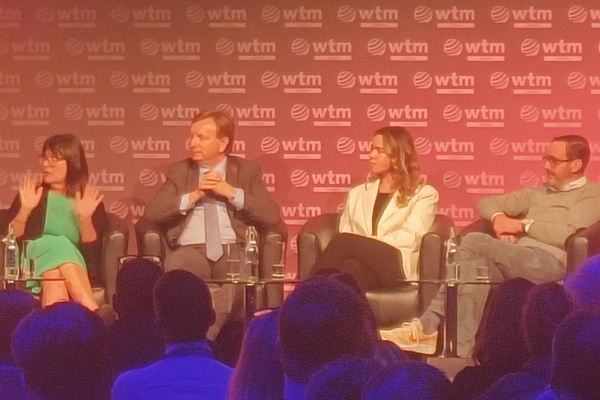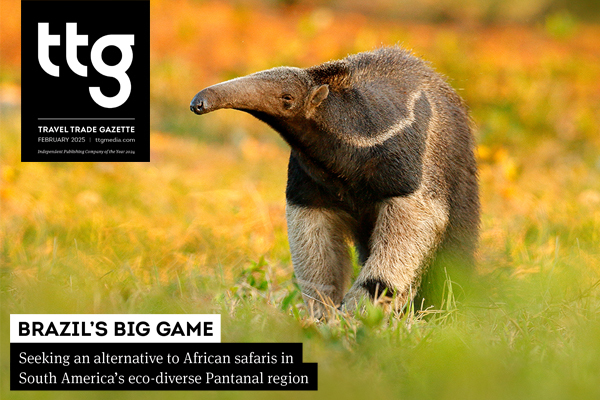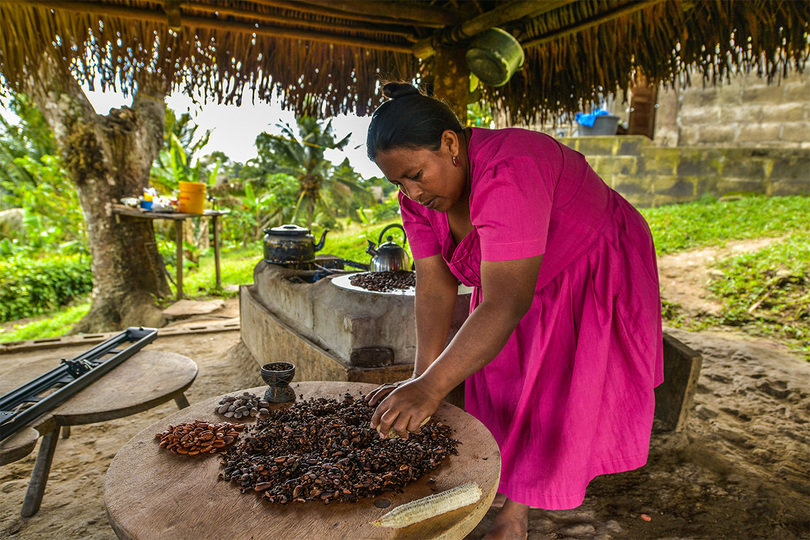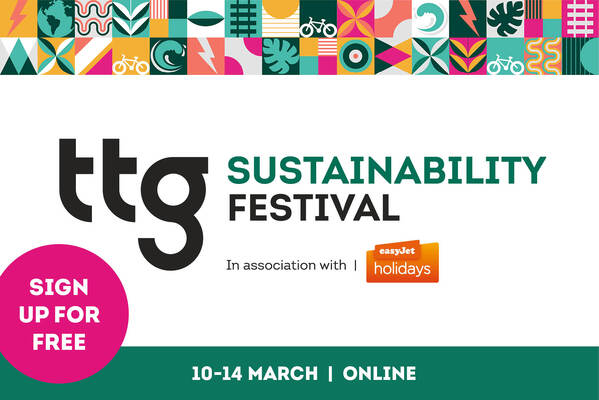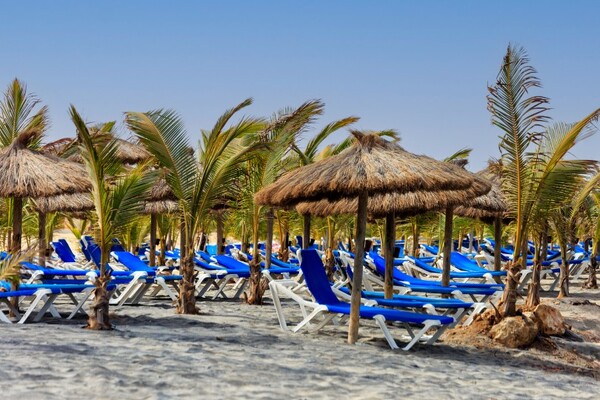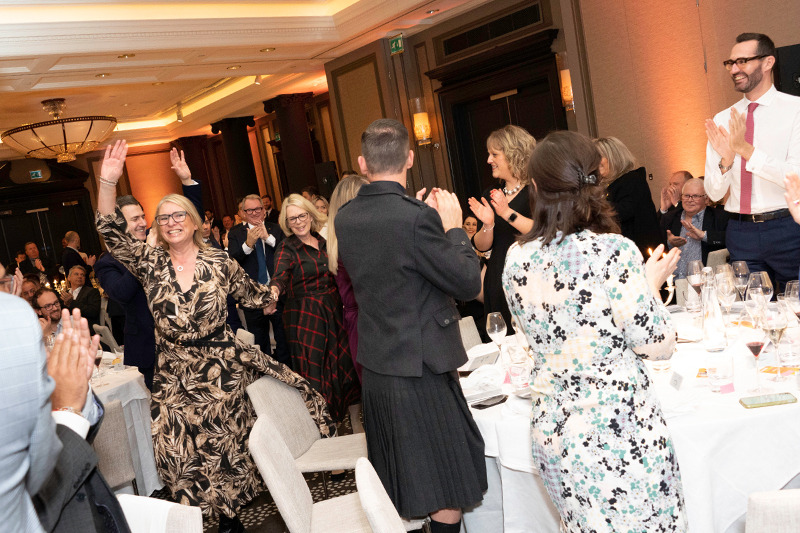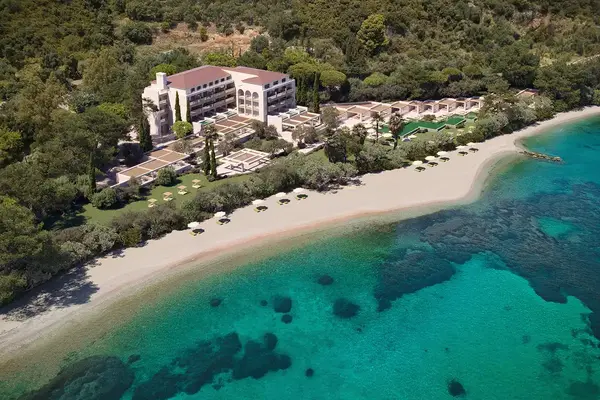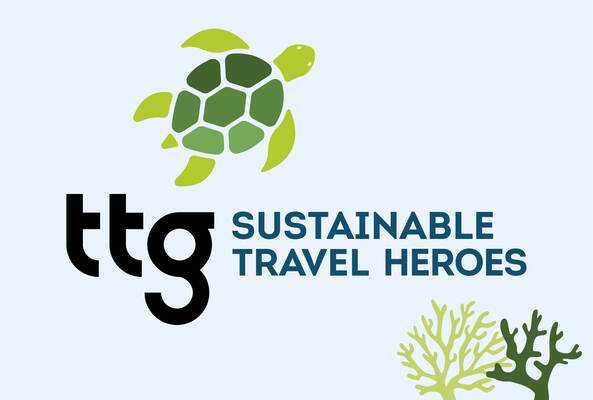Travel warned it is still failing to make headlines for the right reasons
 Sarah Dennis
Sarah DennisThe travel industry has been warned its siloed approach to communicating its role as a force for good means its failures will continue to make headlines while its success stories will keep going uncovered.
Glenn Mandzluk, chief executive of the World Sustainable Hospitality Alliance, told WTM London delegates travel was suffering from a communication problem "like never before".
Speaking as part of a panel entitled Preventing the destructive peaks of mass tourism, Mandzluk said the industry was "poor" at finding common ground when it comes to measuring progress.
"We’re unable to communicate to the resident, to the tourist and to ourselves, as destination managers and the owners of companies, an ability to plan for peaks in the system," said Mandzluk. "Everybody intuitively knows that, but they don’t plan it effectively.
“We’re very good at selling the destination, but we’re very bad at selling what we’re doing for it in a collective way. It’s not talking about GDP and jobs. That doesn’t fix the potholes on the street or the local community centre. We have to articulate how this industry is contributing to communities.”
Fellow panellist Carol Savage, founder and chief executive of experiential specialist Not in the Guidebooks, stressed the importance of engaging with local communities to establish what they want, adding a one-size-fits-all approach is not the answer.
“We’ve talked about this before – taking people in different seasons and if [local communities] want to extend their seasons," said Savage. "We need to understand if they want to, and how far they want to. It needs to be a conversation with the people it affects.
"We can’t say we’re solving mass tourism for everybody if other people are actually saying, ‘I want the tourists to come’. If there’s too many people going into one place, but there’s another place that’s just as special and undiscovered, let’s showcase that and give them the opportunity to help themselves.”
Anne de Jong, founder of The Good Tourism Institute, added: “It’s a chicken and egg story. You need a sustainable marketing strategy to encourage businesses to lengthen seasons, but you need to offer better off-season experiences.
"You can’t sell something sold at high season for a lower price at low season. Just because people accept worse weather, they won’t go for that – they want their own experience."
Sign up for weekday travel news and analysis straight to your inbox

Sarah Dennis
Supplier Directory
Find contacts for 260+ travel suppliers. Type name, company or destination.
